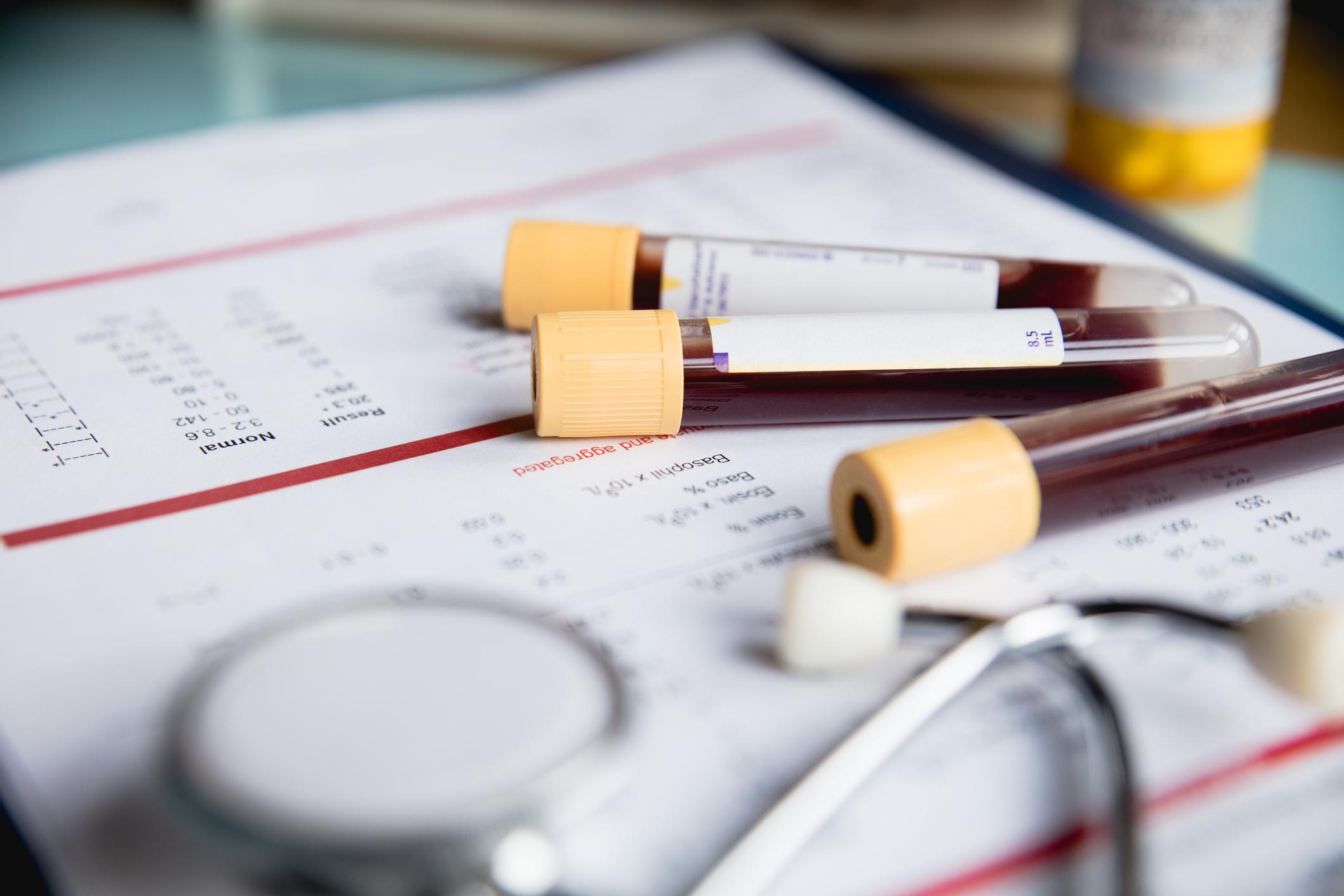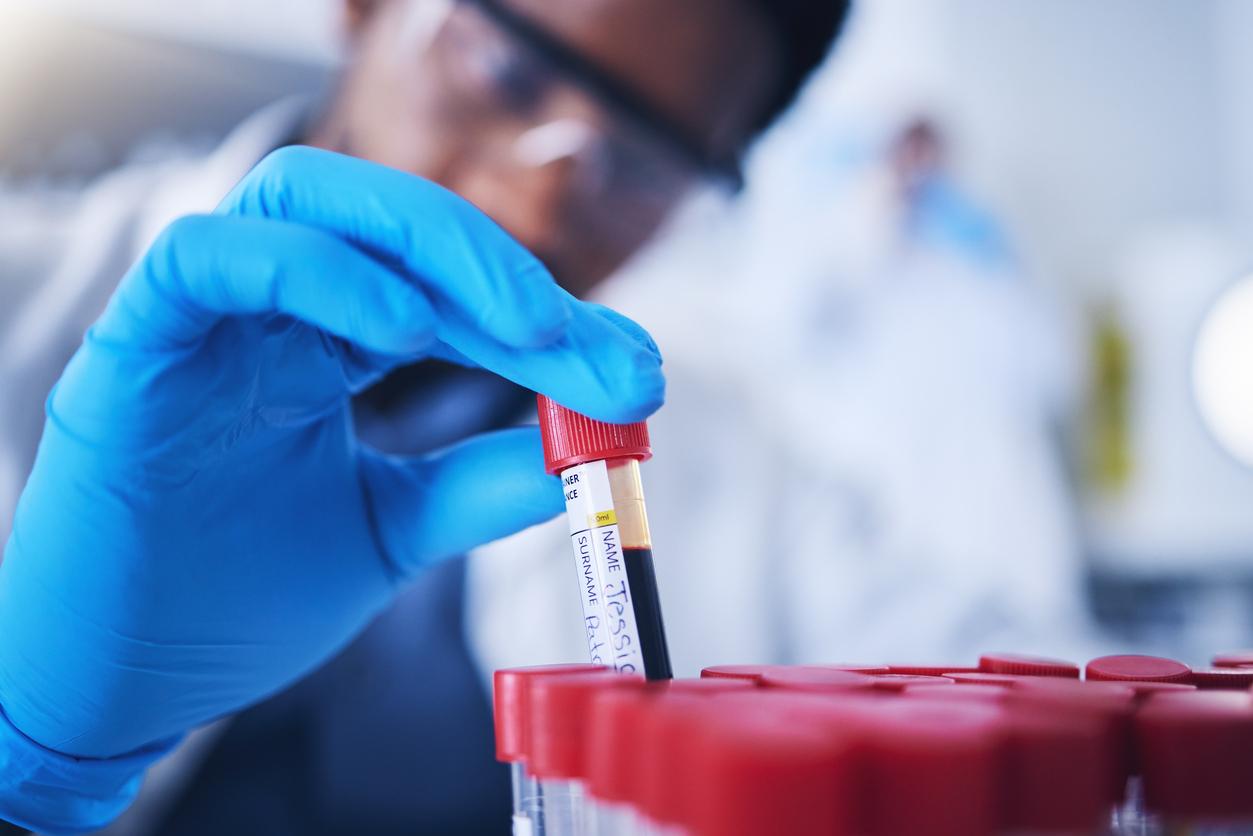Swedish researchers have claimed that a standard blood test could predict the risk of myocardial infarction six months before it happens.

- A heart attack is a life-threatening emergency, which must be treated quickly.
- Swedish scientists have discovered that a blood test could prevent the risk of myocardial infarction six months before it occurs.
- The research team developed an online tool to help determine which patients are at increased risk of heart attack.
Nearly 100,000 myocardial infarctions including 12,000 deaths are recorded each year, according to the Heart & Research Foundation. Considered a life-threatening emergency, a heart attack must be treated quickly to prevent permanent damage to the heart.
Around 90 molecules linked to the risk of first heart attack
In a recent study published in the journal Nature Cardiovascular Research, Researchers from Uppsala University (Sweden) have developed a tool that can predict heart attacks using a standard blood test. Before the work began, they hypothesized that several important biological mechanisms could be active during the months preceding a heart attack.
For the purposes of this research, the team analyzed blood samples from 169,053 people, recruited in six European cohorts, who did not have a history of cardiovascular disease. In six months, 420 subjects experienced their first heart attack. Swedish scientists then compared their blood to that of 1,598 healthy volunteers.
Results: approximately 90 molecules linked to the risk of first heart attack have been identified. “However, the samples already taken in healthcare are sufficient to predict risk. We hope this will encourage people to take their preventative medication or quit smoking”underlined Professor Johan Sundström, researcher at Uppsala University, who led the study.

An online tool to prevent the risk of heart attack six months in advance
To preserve cardiovascular health, researchers have developed an online tool that helps determine patients at increased risk of heart attack within six months. “That was one of the goals of the study, because we know that people are relatively unmotivated to take preventative treatments. If you find out that you have an increased risk of having a heart attack early, you may be – be more motivated to avoid it”noted Professor Johan Sundström.
Soon, the Swedish team will focus its work on the 90 new molecules associated with the risk of heart attack. The goal is to better understand them and potentially develop new treatments.

















